When it comes to choosing a new laptop, two of the biggest names in the industry that often come to mind are Dell and HP. Each brand has its loyal followers and its unique strengths, making the choice between the two a subject of much debate among consumers. Whether you’re a professional, a student, or a casual user, the decision often boils down to specific factors such as performance, design, price, and customer service. In this comprehensive comparison, we will dissect the key aspects of Dell and HP laptops to help you determine which brand might be the better fit for your needs and preferences.
Design and Build Quality
Craftsmanship and Aesthetics
Dell and HP both offer a wide range of laptops that cater to different tastes and requirements. Dell’s XPS series, for example, is known for its sleek and sturdy construction, often using premium materials like carbon fiber and aluminum. HP, with its Spectre and Envy series, competes closely, boasting slim profiles and high-quality finishes. The choice between Dell and HP in terms of design is largely subjective and depends on personal style preferences.
Durability and Reliability
When it comes to build quality, both Dell and HP have established reputations for producing durable laptops. However, durability can vary significantly within each brand, depending on whether you’re looking at their entry-level models or their high-end ones. It’s important to consider the intended use-case: if you’re frequently on the move, you might prioritize a more robust build, whereas for home use, design might take precedence.
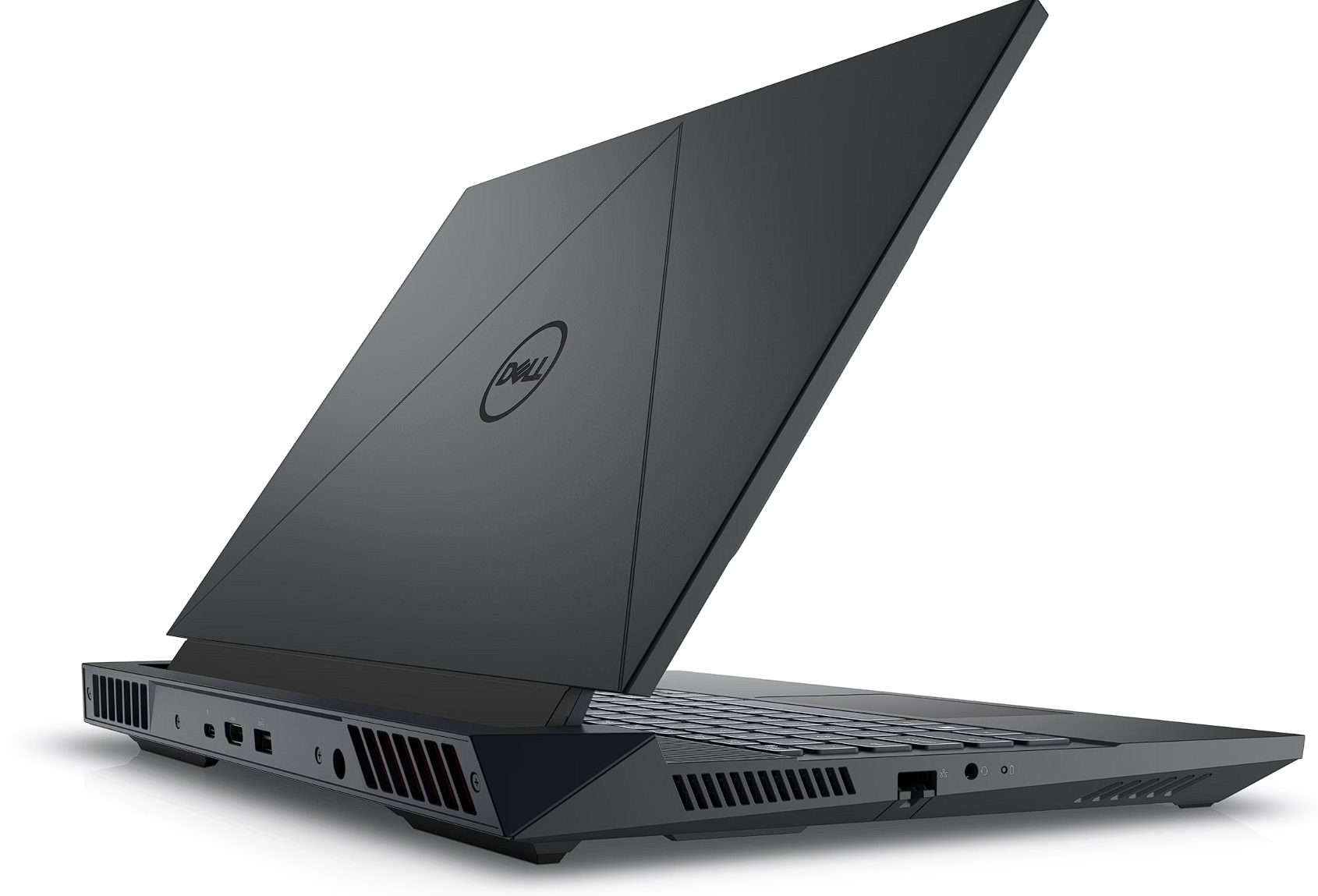
Performance and Specifications
Processing Power and Hardware
The performance of a laptop is largely determined by its internal components. Both Dell and HP offer configurations that range from basic processors suitable for everyday tasks to powerful CPUs for gaming and professional software. In terms of specs, there is often little difference between comparable models from Dell and HP, as both utilize similar processors, RAM, and storage options. Deciding which is better would depend on finding the right configuration that suits your specific performance needs.
Specialized Usage and Target Markets
Both brands have lines tailored to specific markets. Dell’s Alienware is renowned in the gaming community for its high-performance specs and customizability, while HP’s Omen series also offers competitive gaming options. For the business sector, Dell’s Latitude and HP’s EliteBook series offer reliable performance and enhanced security features. Each brand has strengths in different areas, so choosing the better laptop might come down to what you need your laptop to do.
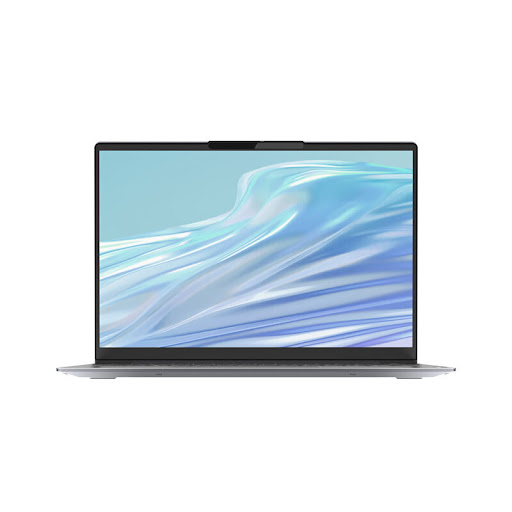
Price and Value for Money
Budget-Friendly Options
Both Dell and HP have a range of budget-friendly options, and comparing similar models will often reveal only minor differences in price. Entry-level laptops from both brands will provide adequate performance for everyday tasks, but it’s essential to look closely at the specifications to ensure you’re getting the best value for your money.
High-End Investments
At the higher end of the spectrum, pricing can become a more significant differentiator. Dell’s premium lines, including the XPS series, are often priced higher, but they come with features such as 4K displays and advanced thermal management systems. HP’s high-end laptops, like those in the Spectre line, also offer luxury features and innovative designs, often at slightly lower price points. Balancing the cost against the features you require will help you decide which brand offers better value for your investment.
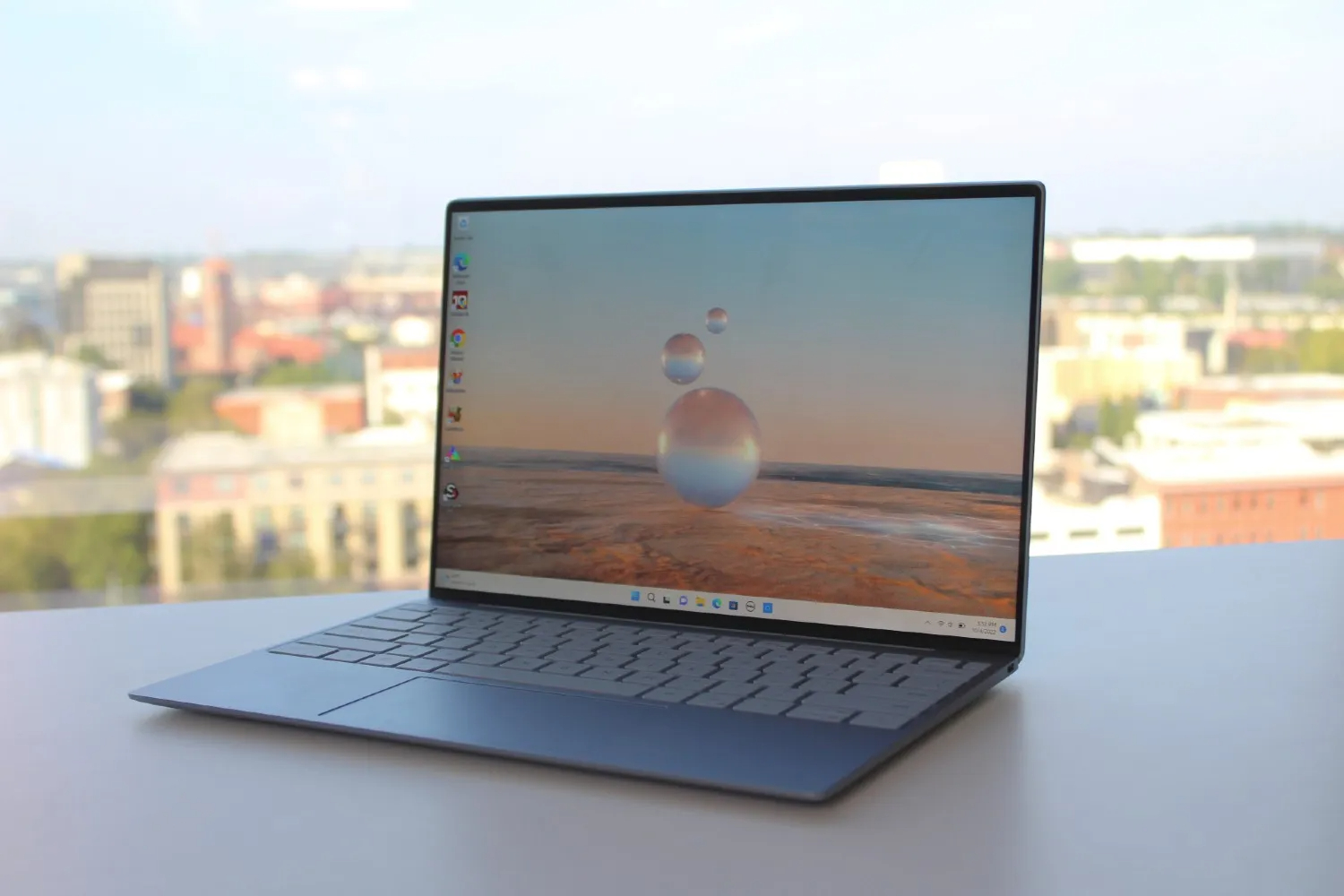
Customer Support and Warranty
After-Sales Service
Good customer support can be a deciding factor when choosing a laptop brand. Historically, Dell has had a strong reputation for its customer service, including reliable warranties and responsive support. HP also offers various service options, but user experiences can vary. Researching and reading reviews about the after-sales service of both Dell and HP in your region can guide you towards a more informed choice.
Warranty and Repair Services
Warranty coverage is another critical consideration. Both Dell and HP typically offer a standard one-year warranty with options to extend. Dell’s warranty services, such as Dell ProSupport, are highly regarded for their comprehensive coverage and proactive support. HP also has comparable support services, but the quality may depend on the specific model and the service tier chosen. Comparing the warranties and support options side-by-side, especially considering any additional costs, is essential.
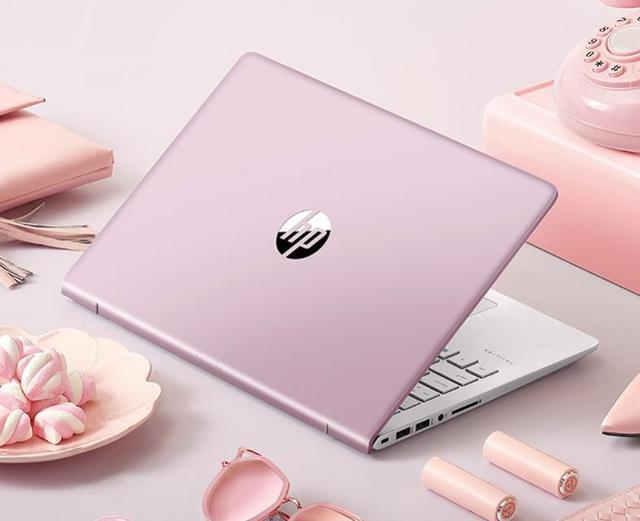
Innovation and Ecosystem Integration
Embracing Technological Advances
Both Dell and HP are not just competing in terms of hardware; they are also at the forefront of integrating new technologies into their laptops. Dell’s embrace of Thunderbolt ports and InfinityEdge displays shows its commitment to innovation, while HP has been a pioneer in introducing convertible laptops with its Spectre x360 line and incorporating advanced security features like Sure View privacy screens. As technology progresses, choosing a brand that aligns with future advancements ensures your laptop remains compatible with upcoming devices and services.
Ecosystem and Software Solutions
Beyond the hardware, both companies offer a suite of software and ecosystem solutions designed to enhance user experience. Dell offers Dell Mobile Connect, which allows seamless integration between your laptop and smartphone, while HP’s Command Center software provides custom settings for performance optimization. Dell’s support for Linux, particularly with its Developer Edition laptops, may appeal to developers and IT professionals, whereas HP’s focus on providing robust enterprise solutions can be advantageous for large businesses and corporations. The better brand for you may depend on which ecosystem more closely matches your software needs and usage habits.
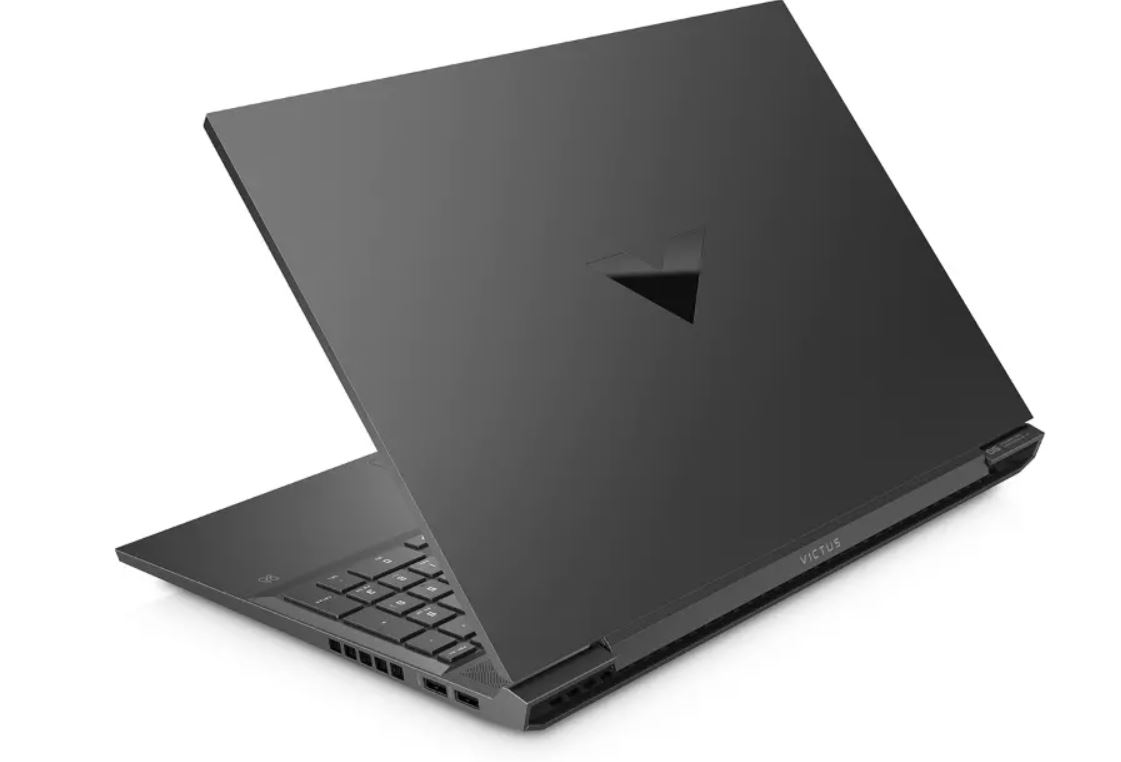
Sustainability and Social Responsibility
Environmental Impact and Sustainability Efforts
Today’s consumers are increasingly concerned about the environmental impact of their purchases. Both Dell and HP have made commitments to sustainability, with initiatives aimed at reducing carbon footprints and incorporating recycled materials into their products. Dell’s sustainability programs focus on a circular economy model, and the company has set ambitious goals for using recycled materials. Similarly, HP actively pursues sustainability efforts, recognized through its eco-friendly packaging and energy-efficient designs that appeal to environmentally conscious buyers.
In the debate of Dell vs HP laptops, there is no definitive answer as to which brand is better. Both Dell and HP have their respective strengths in design, performance, pricing, and customer service. The choice ultimately depends on your personal needs, preferences, budget, and the specific models you’re comparing. When making your decision, it’s important to consider all these factors and to do a thorough comparison based on the latest models and reviews. Whether you choose Dell or HP, both brands have proven track records, and with careful selection, you can find a laptop that will serve you well for years to come.